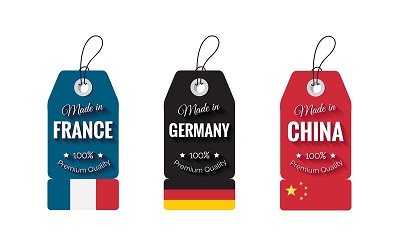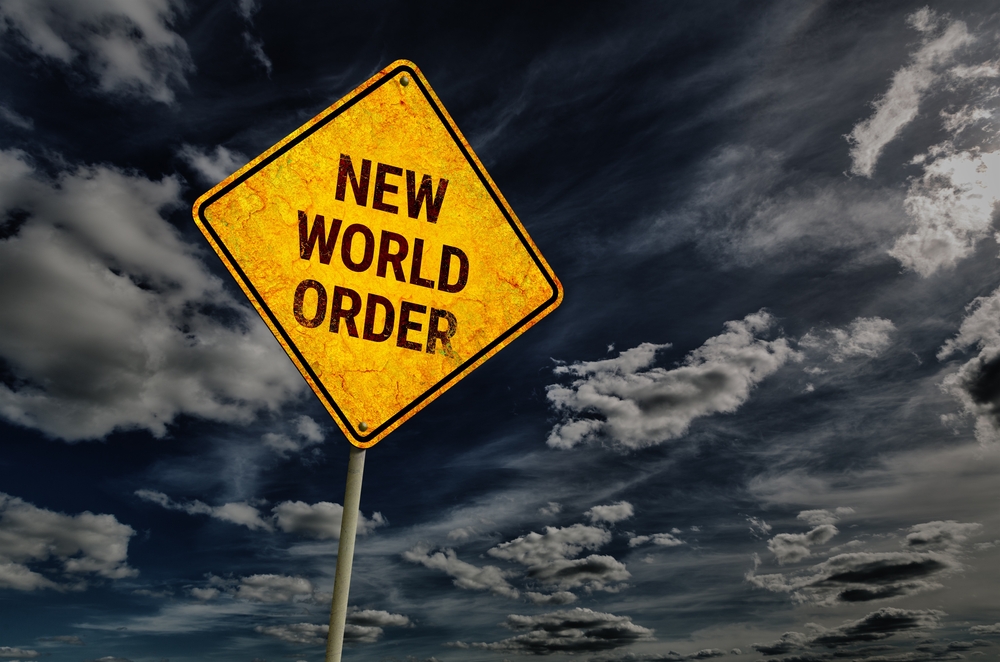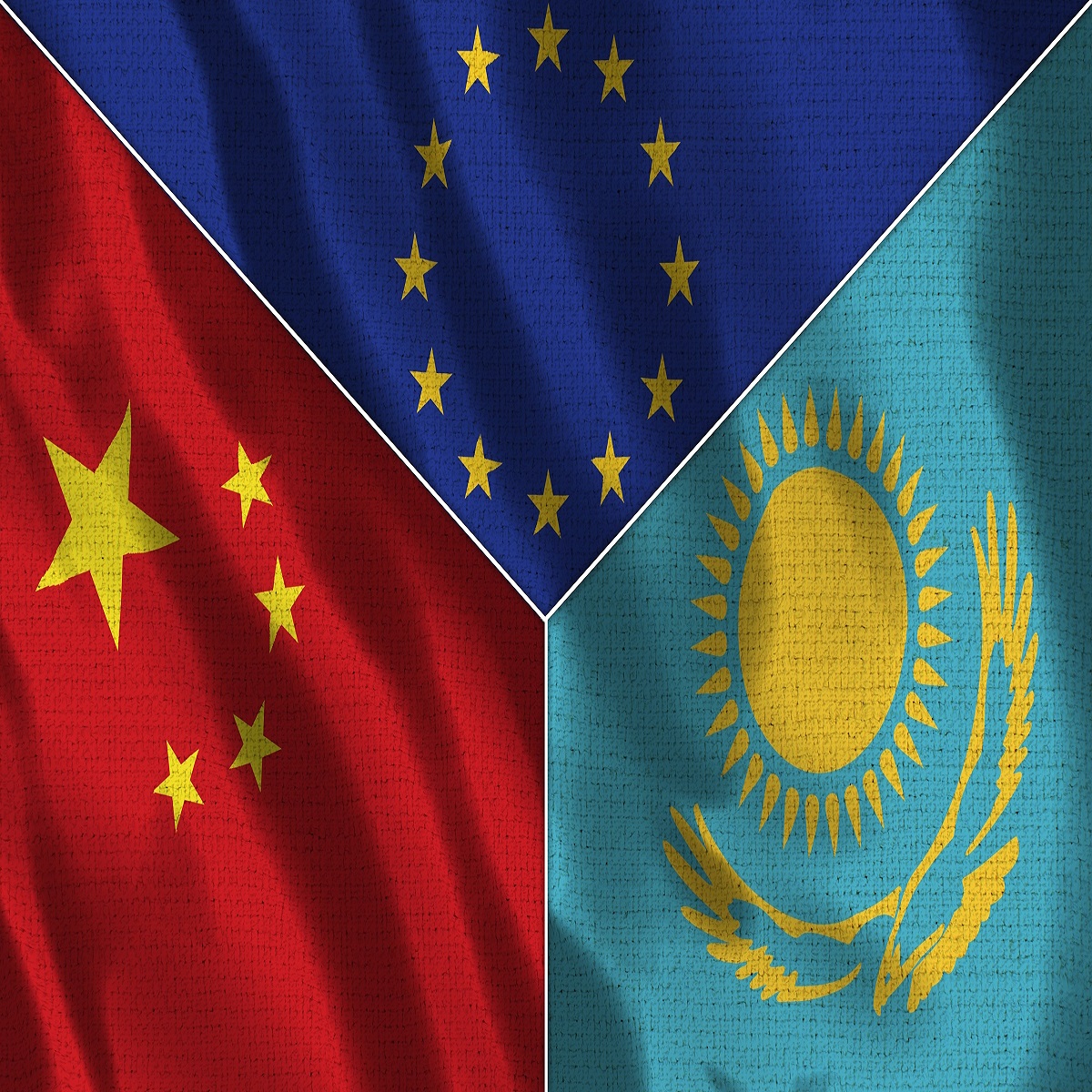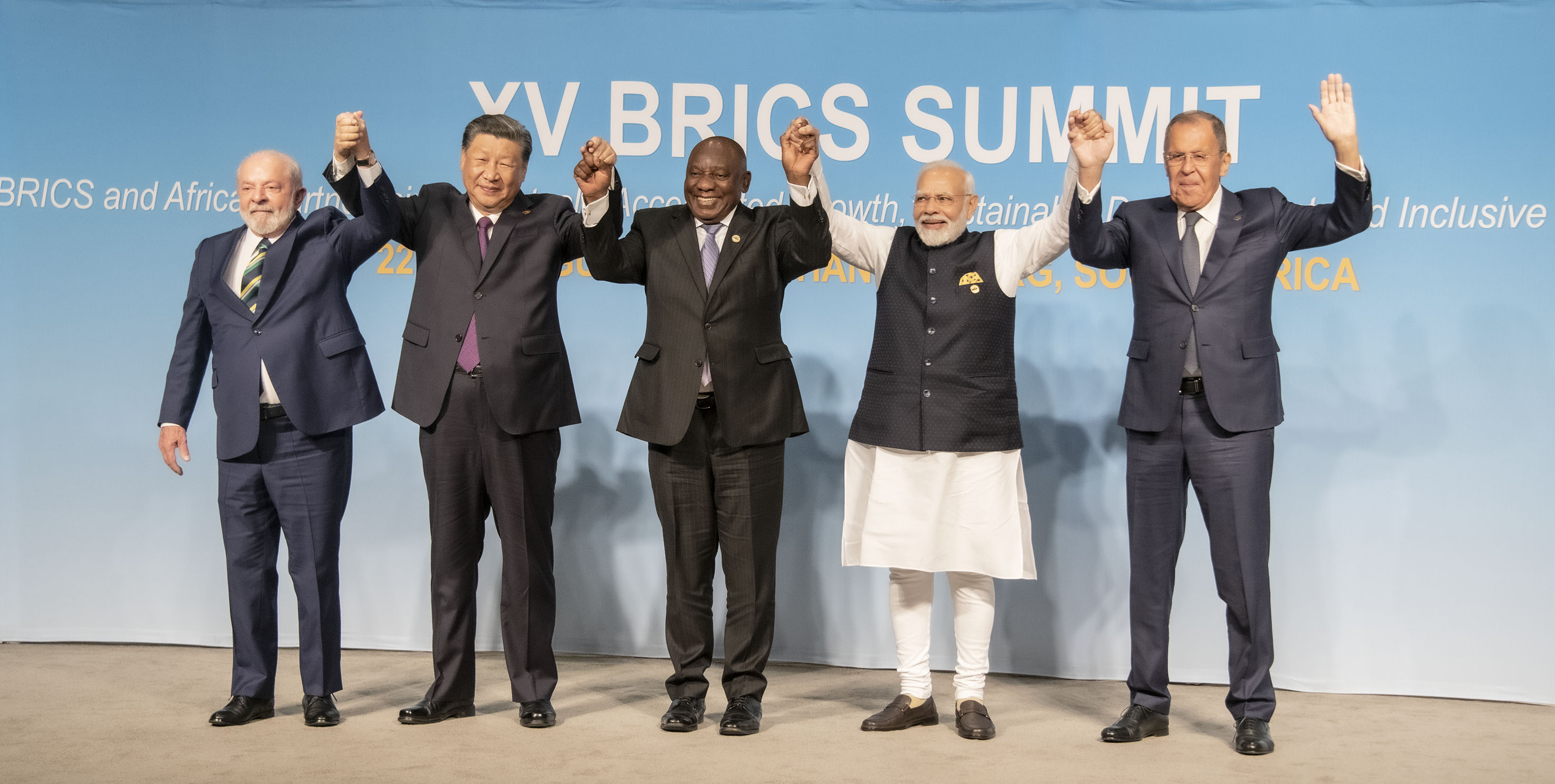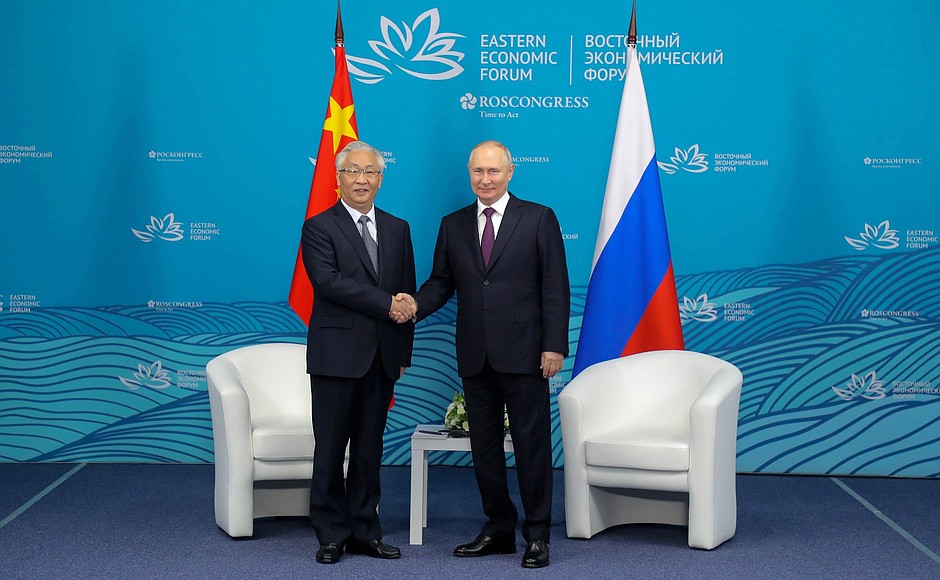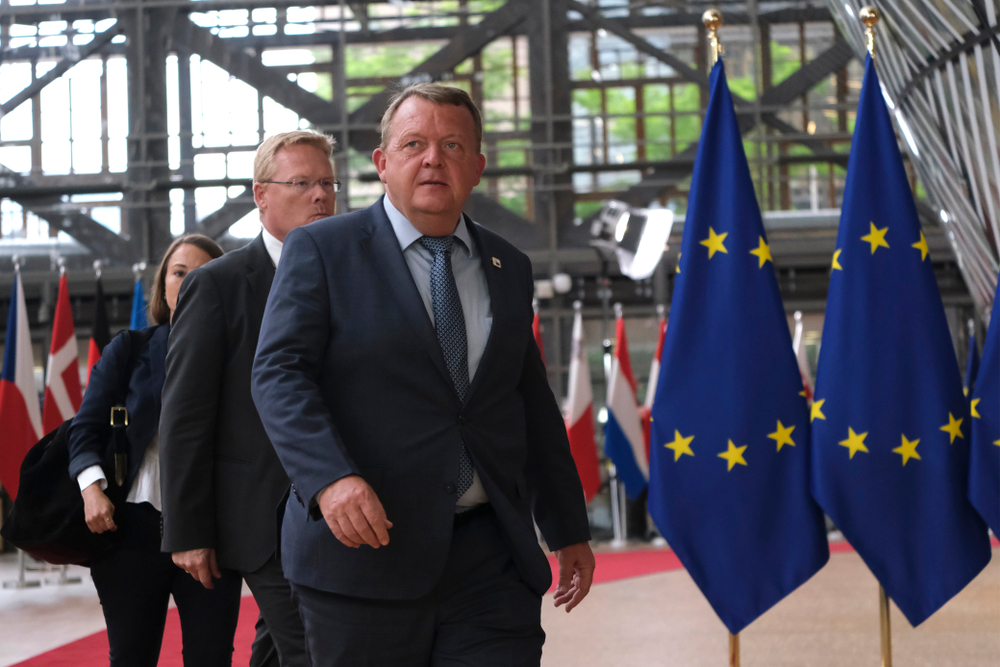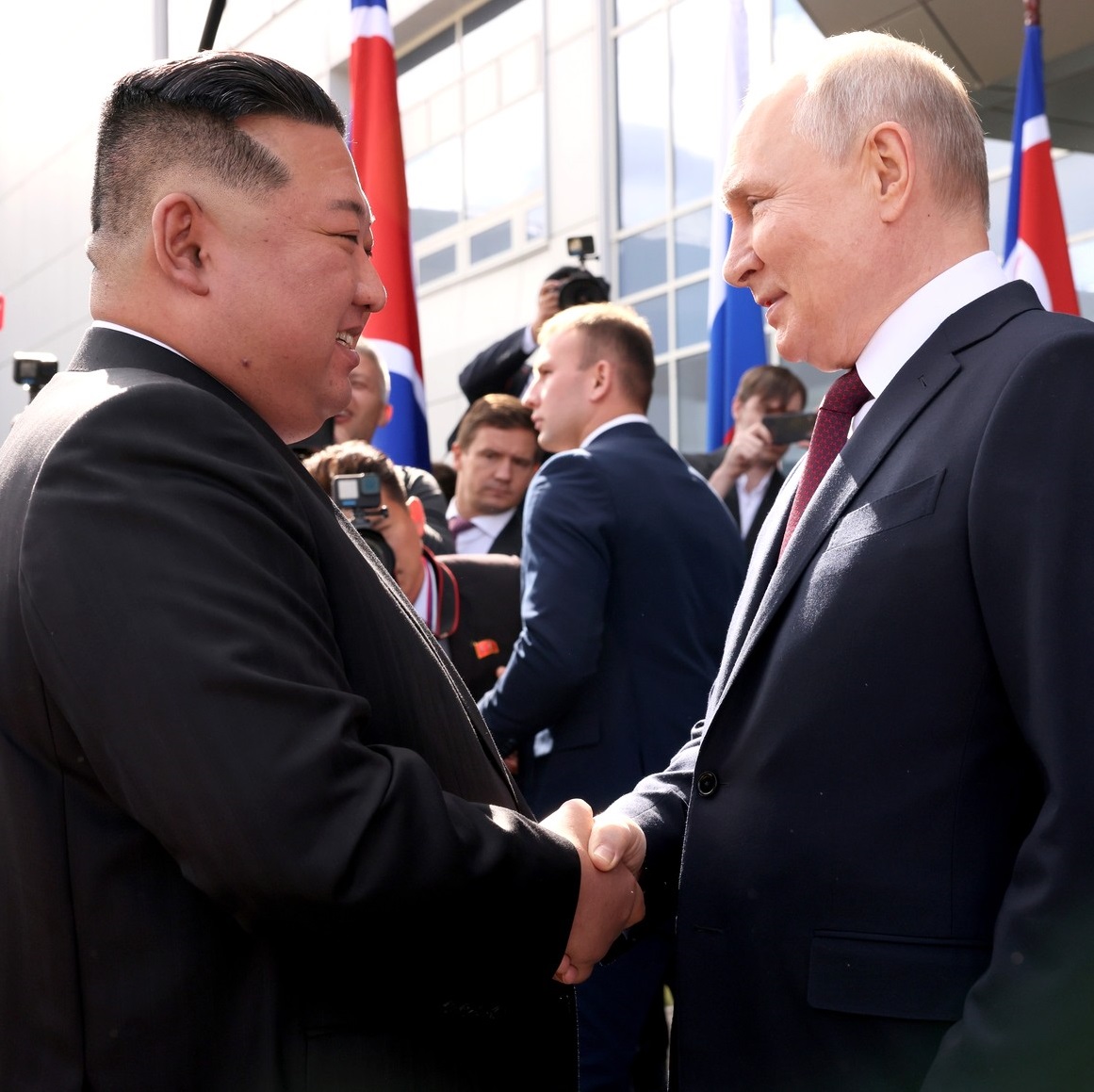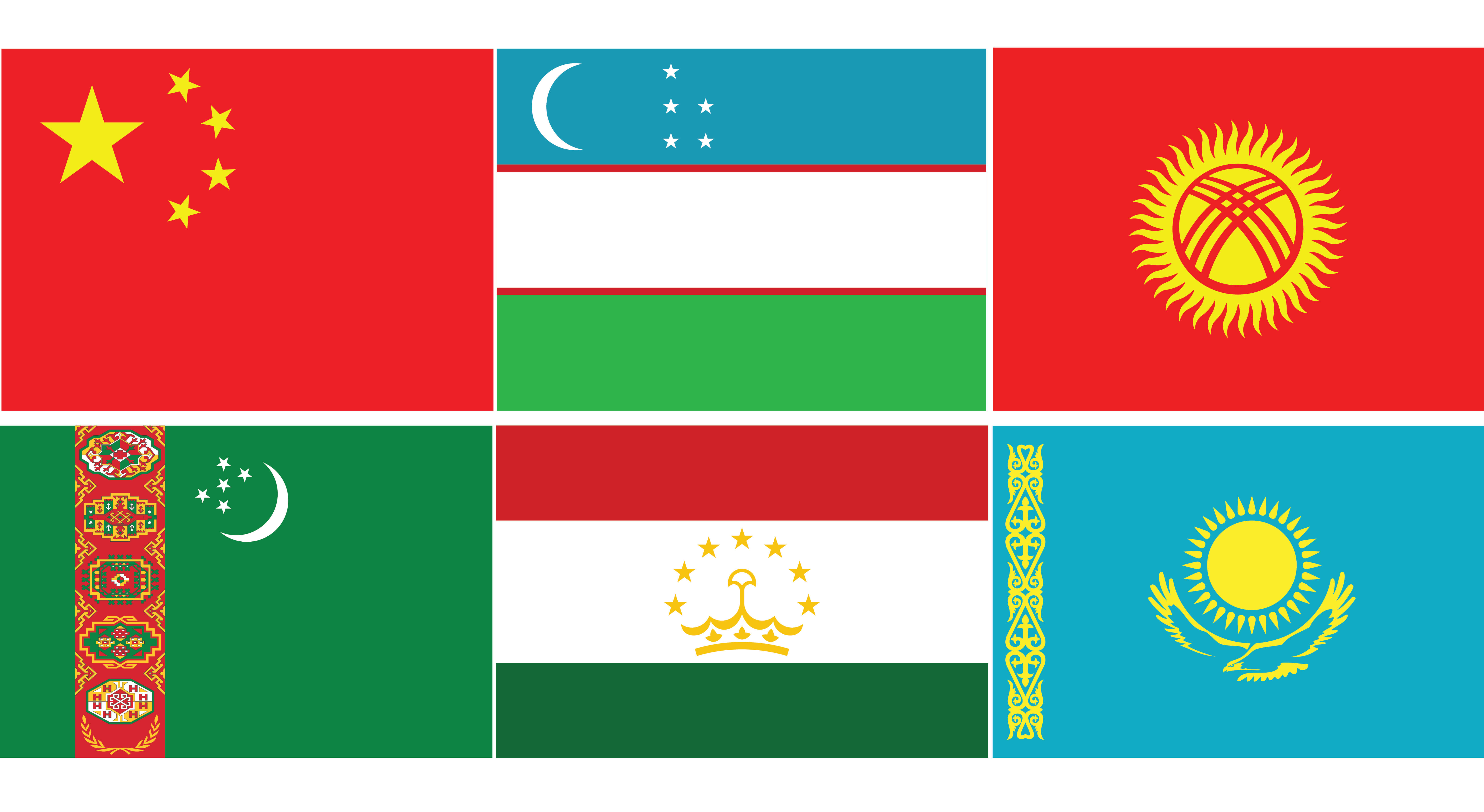
China and Central Asia: a new path to joint development
by Shiri Shiriev
Another important event on the international agenda was the Second Forum of Think Tanks "China + five countries of Central Asia", organized by: the Institute of Russia, Eastern Europe and Central Asia of the CASS, the Kazakhstan Institute for Strategic Studies under the President of the Republic of Kazakhstan, the National Institute for Strategic Studies under the President of the Kyrgyz Republic Republic, Center for Strategic Studies under the President of the Republic of Tajikistan, Institute of International Relations of the Ministry of Foreign Affairs of Turkmenistan, Institute for Strategic and Interregional Studies under the President of the Republic of Uzbekistan. The connecting link for all forum participants was the Chinese Academy of Social Sciences (CASS) with the support of the Institute of Russia, Eastern Europe and Central Asia of the CASS, the Secretariat of the Council of High-Level Think Tanks of the CASS and the All-China Association for the Study of Russia, Eastern Europe and Central Asia. The two-day program of the forum, which was held in a hybrid mode with a central communication platform in Beijing, included speeches of the heads of the above-mentioned structures, diplomatic missions, foreign ministers, the Secretary General of the Shanghai Cooperation Organization, who considered the most important issues on the “agenda” dedicated to the search for new ways and formats for joint development. The experts focused on various topical aspects, presenting their vision of how China's relations with each of the states of Central Asia and the region as a whole should develop at the present stage. As for our country, the rector of the Institute of International Relations of the Ministry of Foreign Affairs of Turkmenistan, Djumamurad Gurbangeldiyev, spoke about the state and prospects of Turkmen-Chinese cooperation, in particular, noting that the peaceful foreign policy successfully pursued under the leadership of President Serdar Berdimuhamedov, gaining momentum, contributes to the achievement of new frontiers in the system of international relations by Turkmenistan. In the modern era, the whole world respects the legal status of Turkmenistan's neutrality with great respect. Among the priority areas of the peace-loving policy and diplomacy implemented under the leadership of the head of state, a special role is given to relations with the states of the Asia-Pacific region. The People's Republic of China is one of the friendly partner states of Turkmenistan. The Turkmen and Chinese people are connected by historical, spiritual and cultural ties that originate from the depths of centuries. These common historical roots, the bonds of friendship that go deep into history, form the basis of the Turkmen-Chinese interstate cooperation, in which a special place is given to interaction in the scientific and educational sphere. An important role in the formation of new approaches of the parties to topical issues of international relations and cooperation between the states of the region with China is played by the accumulated experience in this area and the First Forum of Experts of Analytical Centers "China + Five Central Asian Countries" held in November 2021. The broad horizons for the development of partnership that are currently opening in accordance with the realities of modernity form new areas of cooperation between Turkmenistan and China. This is clear evidence of the success of our country's foreign policy strategy. The head of the Higher School of Diplomacy of Turkmenistan also focused on the fact that Hero-Arkadag, in his speech at the China + Five Central Asian Countries Summit held in January 2022, emphasized that it is the heads of states of Central Asia who are widely promoting strategically important proposals and initiatives for issues of world politics. In this context, it was emphasized that Central Asia is a region that attracts the attention of the whole world due to its huge natural resources and advantageous geographical location. In the system of international relations, the importance of the Central Asian region is growing due to the presence of large reserves, especially energy resources, favorable geopolitical and geo-economic advantages. At the end of the 20th century, the number of states interested in including the countries of Central Asia in the orbit of cooperation increased. This is confirmed by the fact that in the last 20 years the phrase "Central Asia +" has become widely used in political terminology. And the People's Republic of China, one of the first states that showed interest in this format, has the largest economy in the world, a great influential force in world geopolitics. The head of the Turkmen university, noting the features of the main directions of China's policy, emphasized that the foreign policy of the Celestial Empire, aimed at becoming a developed state of the world and based on ancient Chinese principles, implies the interest of this country in increasing influence in the world through cooperation. In supporting the international initiatives of the Central Asian countries aimed at ensuring peace, security and sustainable development in the region, the political assistance of China, which is a permanent member of the UN Security Council, is very necessary. The states of Central Asia are cooperating in the field of consolidating efforts in the field of security and countering terrorism with the Shanghai Cooperation Organization, established at the initiative of China. The speech also noted that the partnership of the countries of Central Asia with the People's Republic of China in the effective implementation of the new philosophy of the Hero-Arkadag "Dialogue is a guarantee of peace" in international life, aimed at eliminating the mutual distrust that has spread today in international relations, was of particular importance. It is no coincidence that energy is the key vector of the partnership between China + the five countries of Central Asia. As you know, a powerful Chinese economy requires a significant part of its energy capacities to be imported from outside. China attaches particular importance to Central Asia in providing its rapidly developing economy with guaranteed energy sources. In this context, a great success of Turkmen and at the same time Chinese diplomacy is the Turkmenistan-China gas pipeline project, built on the initiative of Hero-Arkadag in a very short time - just over two years - has become another clear evidence of Turkmenistan's commitment to the principle of using its energy resources for the benefit of all mankind. The development of the transport sector is also important. If China stands at the origins of the creation of the Great Silk Road, then Turkmenistan is its heart, the driving force. Within the framework of cooperation in the "China + five countries of Central Asia" format, given the new geopolitical, geo-economic reality of the III millennium, great importance is attached to the revival of the Great Silk Road. The project of the Hero-Arkadag "Revival of the Great Silk Road", designed to give a powerful impetus to the economic development of Eurasia, is closely interconnected in its philosophy and geo-economic content with the all-China project "One Belt - One Road". The already implemented and ongoing multilateral transport and transit projects coincide with the interests of the China + five countries of Central Asia interaction format. Continuing the topic related to the “China + five countries of Central Asia” format as a factor of strategic and regional stability, ensuring the sustainable development of friendly states in the new conditions, I would like to recall that at the beginning of the 2000s, many similar platforms for interaction appeared and took shape in the world. Nevertheless, in my opinion, as time and the realities of life have shown, today the China + Five Countries of Central Asia Project is one of the most famous, authoritative, multilateral formats with great prospects for development. And this is natural and logical, since the ties between the peoples of the Central Asian region and China have a long history. In the process of their long communication, a huge and unique experience of interaction, good neighborliness, exchange of knowledge and achievements in all areas of human life was accumulated. The Great Silk Road passed through the territory of Central Asia from China, which, by developing trade relations between countries, already then demonstrated the possibility of maintaining an atmosphere of calm and stability to the world, including in the territory of present-day Central Asia. And today we can say with full confidence that it was the reliance on this outstanding heritage, the continuity of historical destinies, that was embodied when the countries of the region, having gained independence, resumed active all-round relations with the People's Republic of China. Without a doubt, the current cooperation of all the countries of the region has a noticeable constructive impact on the provision of global peace and stability. It is based on the closeness and coincidence of approaches to fundamental issues on the global agenda. Together we stand for equality and justice in international affairs, respect for territorial integrity and non-interference in the affairs of sovereign states, for the implementation of the Sustainable Development Goals, we support the measures taken by the world community to effectively counter international terrorism, extremism and other challenges. Not so long ago, the states of the region celebrated the 30th anniversary of diplomatic relations with China. 30 years of mutual trust, friendship and close cooperation have shown that by adhering to the basic principles of mutual respect, good neighborliness, friendship, mutual assistance and mutual benefit, China and the countries of Central Asia have been able to build healthy and effective interstate relations of a new type. Today, the world is undergoing changes not seen in a century. The structure of international politics and economics is undergoing profound changes and needs to be adjusted. Geopolitical conflicts, disordered global governance create new challenges for development both globally and regionally. Under these conditions, the presence of objective mutual interests of the Central Asian countries and China in line with the China + Five Central Asian countries partnership format on a practical basis opens up additional opportunities for increasing the pace of effective cooperation. Using their huge potential, the countries of this alliance set a course for the modernization of the mechanism of mutual cooperation in the format "China + five countries of Central Asia". It from the moment of its appearance as a specific body for the comprehensive rapprochement of the Central Asian countries, has been and remains an important factor in the stable development of the region. Further cooperation within its framework will improve the well-being of the peoples and significantly raise the standard of living. I am sure that all the states of the region, using their authority and established cooperation mechanisms, will be able to make an important joint contribution to establishing a new agenda of peace and trust in international affairs, reducing tension, de-escalating conflicts, moving to dialogue and negotiation methods for resolving disputes and contradictions based on the UN Charter.











